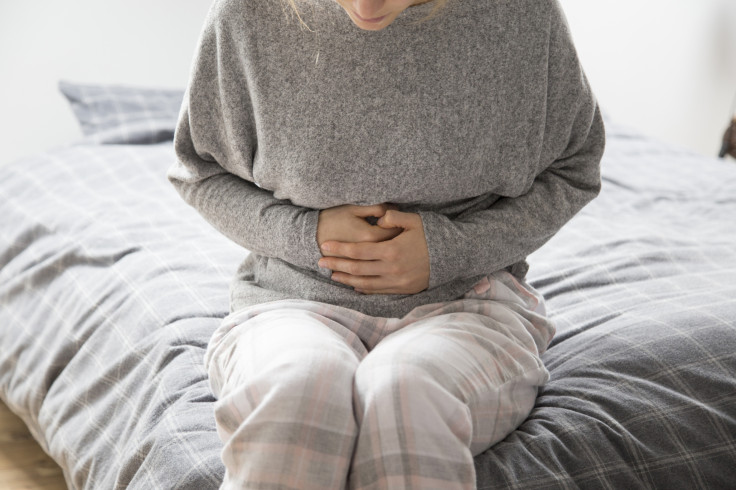5 Healthy Lifestyle Habits Could Reduce Risk Of Developing Irritable Bowel Syndrome: Study

Adopting a modified lifestyle is an effective strategy for managing symptoms associated with irritable bowel syndrome (IBS). A recent study has revealed that embracing a healthy lifestyle, particularly adopting five specific habits, may reduce the risk of developing the condition.
Irritable bowel syndrome (IBS) is a functional gastrointestinal disorder that causes symptoms such as recurring abdominal pain and irregular bowel habits, including abnormal stool form or frequency. The condition impacts approximately 5% to 10% of the global population.
The exact cause of IBS is not known. However, experts attribute it to dysfunction of the gut-brain axis. Certain lifestyle factors are known to be associated with elevated risk of IBS, such as poor sleep, smoking, and lack of physical activity. The symptoms of IBS may be triggered by factors such as stress or certain foods.
Researchers of the latest study evaluated how a combination of 5 healthy habits - never smoking; at least 7 hours of sleep every night; a high level of vigorous physical activity every week; a high-quality balanced diet every day; and moderate alcohol intake - affected the onset of IBS.
According to the results of the study published in BMJ Journals Gut, adopting at least three to five of these habits was linked to a 42% reduction in the risk of developing IBS. Individuals who adhere to a greater number of healthy behaviors have a greater reduction in risk of developing irritable bowel syndrome.
Additionally, the healthy habits of not smoking, high levels of vigorous physical activity, and getting enough sleep were independently associated with reduced risk of IBS.
The analysis was based on responses from 64,286 participants who completed at least two 24-hour dietary recall questionnaires. The participants were followed up for an average monitoring period of 12.5 years. During this period, 961 participants developed IBS.
Before the follow-up began, 7,604 participants said they did not follow any of the five healthy lifestyle behaviors, while 20,662 reported one, 21,901 reported two, and 14,101 reported following 3 to 5 behaviors.
"After accounting for potentially influential factors, the higher the number of healthy behaviors, the lower the risk of IBS. One behavior was associated with a 21% lower risk, while 2 were associated with a 36% lower risk; and 3 to 5 were associated with a 42% lower risk. Although of a smaller size than when combined, 3 healthy behaviors were independently associated with a lower risk of IBS: never smoking (14% lower); a high level of physical activity (17% lower); and a good night's sleep (27% lower)," the news release stated.
"This study provides evidence that adherence to a higher number of healthy lifestyle behaviors—never smoking, optimal sleep, high level of physical activity, high dietary quality, and moderate alcohol intake—is significantly associated with a lower risk of subsequent IBS incidence. These findings suggest that lifestyle modifications should be considered as key primary prevention strategies for IBS," the researchers said.



























